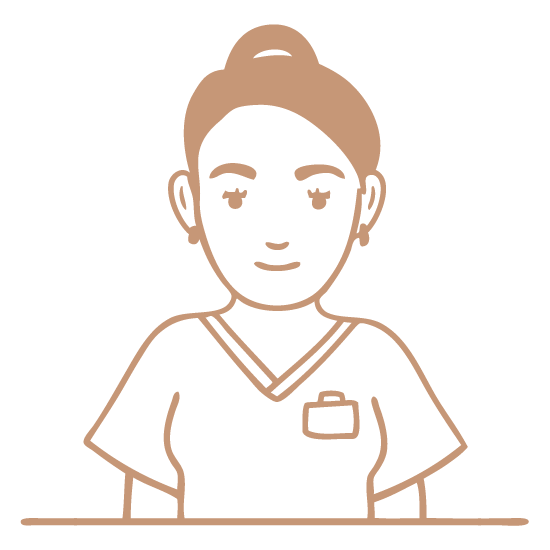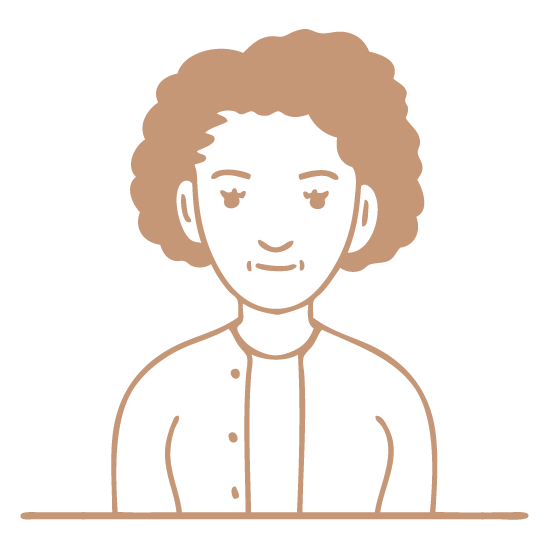What is the most important information I should know about PERSERIS?
Drugs like PERSERIS that are used to treat schizophrenia can cause serious side effects, including an increased risk of death in elderly people who are confused, have memory loss, and have lost touch with reality (dementia-related psychosis). PERSERIS is not approved to treat dementia-related psychosis.
PERSERIS® (risperidone) for extended-release injectable suspension, for subcutaneous use, is a prescription medicine used to treat schizophrenia in adults.
Do not receive PERSERIS if you are allergic to risperidone, paliperidone, or any of its components. Allergic reactions, including swelling of the face, mouth, lips, and tongue, have been reported in some patients treated with risperidone.
PERSERIS may cause serious side effects, including:
- Stroke in elderly people (cerebrovascular problems) that can lead to death.
- Neuroleptic Malignant Syndrome (NMS). NMS is a rare but very serious problem that can lead to death. Seek medical attention right away if you have any of these symptoms: high fever, severe muscle stiffness, confusion, sweating, irregular heartbeat, fast heart rate, or changes in your blood pressure.
- Uncontrolled facial or body movements (tardive dyskinesia) that may not go away, even if you stop receiving PERSERIS. Tardive dyskinesia may also start after you stop receiving PERSERIS. Contact your healthcare provider if these movements occur.
- Problems with your metabolism that may include high blood sugar (hyperglycemia), diabetes mellitus, changes in the fat levels in your blood (dyslipidemia), and weight gain. Extremely high blood sugar can lead to coma or death. If you have diabetes or are at risk for diabetes (e.g., obesity, family history of diabetes), your healthcare provider should check your blood sugar before you start PERSERIS and during treatment. Call your healthcare provider if you have symptoms of high blood sugar including: feeling very thirsty or hungry, sick to your stomach, weak or tired, or confused; needing to urinate more than usual; or your breath smells fruity.
- High level of prolactin in your blood. PERSERIS may cause a rise in the blood levels of a hormone called prolactin that may cause side effects including missed menstrual periods, decreased fertility in women, leakage of milk from the breasts, development of breasts in men, or problems with erection.
- Decreased blood pressure (orthostatic hypotension) and fainting. You may feel lightheaded or faint when you rise too quickly from a sitting or lying position, especially when PERSERIS is started, re-started, or the dose is increased.
- Falls. Antipsychotic medicines like PERSERIS may cause drowsiness or dizziness when you are standing, which could increase your risk for falls and related injuries.
- Low white blood cell count. Your healthcare provider may monitor your blood cell counts during treatment with PERSERIS.
- Problems thinking clearly and moving your body. Do not drive, operate machinery, or do other dangerous activities until you know how PERSERIS affects you.
- Seizures (convulsions).
- Difficulty swallowing that can cause food or liquid to get into your lungs.
- Prolonged or painful erection lasting more than 4 hours. Call your healthcare provider or go to your nearest emergency room right away if you have an erection that lasts more than 4 hours.
- Problems with control of your body temperature (too high or too low). Avoid getting overheated or dehydrated.
The most common side effects of PERSERIS include weight gain; constipation; drowsiness; pain in arms, legs, back, or muscles; restlessness; feeling excessive worry or nervousness; and pain or redness at the injection site. These are not all the possible side effects of PERSERIS. Tell your healthcare provider if you have any side effect that bothers you or does not go away. For more information, ask your healthcare provider or pharmacist.
Do not drink alcohol during treatment with PERSERIS.
Before receiving PERSERIS, tell your healthcare provider about all your medical conditions, including if you:
- have had Neuroleptic Malignant Syndrome.
- have or have had uncontrolled movements of your tongue, face, mouth, or jaw (tardive dyskinesia).
- have diabetes or have a family history of diabetes.
- have had dizziness or fainting or are being treated for high blood pressure.
- have had a low white blood cell count.
- have or have had seizures or epilepsy.
- are pregnant or plan to become pregnant during treatment with PERSERIS. It is not known if PERSERIS will harm your unborn baby. Use of PERSERIS during the third trimester of pregnancy may cause side effects in the newborn infant, including agitation, abnormal muscle tone, tremor, drowsiness, difficulty feeding, and difficulty breathing. Seek medical attention if you notice these signs. If you become pregnant during treatment with PERSERIS, talk to your healthcare provider about registering with the National Pregnancy Registry for Atypical Antipsychotics, or call 1-866-961-2388 or visit http://womensmentalhealth.org/clinical-and-research-programs/pregnancyregistry/.
- are breastfeeding or plan to breastfeed. If you are receiving PERSERIS and are breastfeeding, monitor your infant for sleepiness, inadequate weight gain, jitteriness, tremors, and abnormal muscle movements. Seek medical care if you notice these signs.
- have or have had kidney or liver problems.
- have Parkinson’s Disease or dementia with Lewy Bodies
Tell your healthcare provider about all the medicines you take or plan to take, including prescription and over-the-counter medicines, vitamins, and herbal supplements. PERSERIS and other medicines may affect each other.
To report pregnancy or side effects associated with taking PERSERIS, please call 1-877-782-6966. You are encouraged to report side effects of prescription drugs to the FDA. Visit www.fda.gov/medwatch, or call 1-800-FDA-1088.
See the accompanying full Prescribing Information including BOXED WARNING, or talk to your healthcare provider.











